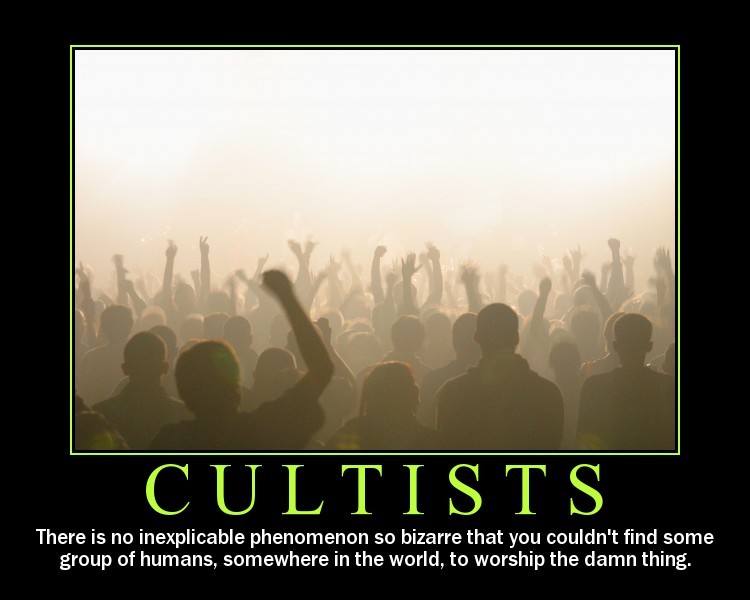
Using Descriptions to Create Characters
& NPCs
By Jesse C Cohoon
When playing a tabletop RPG have you ever had to come up
with stats for an NPC or character quickly in order to be able to keep the
action going? Or have you ever wanted to take less time in order to make the
generated characters and NPCs for your gaming world? With
this quick and simple technique, you can create in-depth, stated-up characters
and NPCs.
A Word of Caution
Keep in mind when writing a description, things won’t
necessarily come out in the particular order that they’re being presented here.
In fact, most of the time, it probably shouldn’t, as such a description would
seem extremely artificial. This technique is designed to provide a way of
looking at your character descriptions to focus on what’s important. Also, when
using this technique, remember that the same piece of description may end up
filling more than one slot.
Character Basics
 Before starting the actual character, it may be helpful
to find a picture of the character or monster you wish to portray. As the
saying goes “A picture is worth 1,000 words.”If you don’t have a picture note
their name, height, weight, build, hair and eye color.
Before starting the actual character, it may be helpful
to find a picture of the character or monster you wish to portray. As the
saying goes “A picture is worth 1,000 words.”If you don’t have a picture note
their name, height, weight, build, hair and eye color.
First, choose a “numbers based” system you are familiar
with to make an NPC or character. The better you know the system, the easier
making the character will be.
There are generally two ways of character generation.
The first is a system where you can roll or use an array to fill the stats
with. At this point, you’re not looking to actually fill the array, you’re just
wanting to know what numbers you’re going to be working with. Because this is a
quick method of determining stats, it’s recommended that the focus be on only
one “best” stat and two “good” stats and a “slightly above average,” stat, with
the rest being “average” for the particular type of character or NPC. Keep in
mind that “average” for different types of creatures may vary quite a bit. If
you’re making a character or NPC that has more than one “best” stats, or more
than two “good” stats you may want to consider delegating one stat that is “poor,”
to represent an area that needs improvement.To save even more time, if the
bonuses are what’s important, it may be a “shortcut” to simply choose those and
worry about the main numbers later.
The second is a system where you’re given a set number
of points in which to build the character, spending them to create the
character. If this is the case, you’ll need to know how many points you’re
building the character with, how many you can devote to each of the sections of
the character, and how much each section costs.
Also at this time you’ll need to pick a race or monster
type or template(s) to apply, if applicable.
Character Stats
 Next pick a description in terms of the stats that the
game system uses, or at least closely echoes them, so when you get to the next
step you won’t have to figure out what you meant. Pick one or two “main” stats
to focus on. If you go to three stats, also pick one that you’re not so good
at. Some examples might be:
Next pick a description in terms of the stats that the
game system uses, or at least closely echoes them, so when you get to the next
step you won’t have to figure out what you meant. Pick one or two “main” stats
to focus on. If you go to three stats, also pick one that you’re not so good
at. Some examples might be:
·
I’m quick witted, but otherwise normal.
·
I’ve got deft hands, and a keen sense of humor,
but otherwise am pretty normal.
·
I’m the strongest and healthiest person I know
in my entire community, but otherwise I’m “joe average.”
·
My large personality may seem to be overbearing
to others, but otherwise I’m indistinguishable from the person next door,
·
I’m the best fighter in the territory, but if someone
doesn’t know that fact about me, they wouldn’t pay me any mind.
·
People come to me for advice because of my
wisdom.
·
I’m a bookworm, but otherwise I’m Mr. Nobody.
·
I’m a charming strong man, but an everyman
besides.
·
I’m a master at manipulation, but otherwise
unremarkable.
With these descriptions, fill in the stats with the
appropriate array numbers.
Character
Background, Role/ Class, Social Circles, & Personality
Following this, choose the character’s background. The
more details that you can provide for the character at this point, the less
work you’ll have to do later on. Explain why a character chose the role s/he is in.Talk about the
character’s mentors, if appropriate. Even important monstrous NPCs should have
a rudimentary background so you have some idea as to why they’re there.
·
Did they get in trouble with the law?
·
Are they a deposed leader wanting to get the
power to overthrow the ones who took their place?
·
Are they on the lamb from committing a crime?
·
Do they want to avoid the responsibility of
leadership?
Then you’ll need to pick a role. In many games, this’ll
be represented by a class; if so determine which one(s) you want the character
or NPC to have, determined in large part by what the main stat(s) are, filling
in the rest of the numbers as you see fit. With some it
may be represented by a faction you’re helping. Still in others you’ll need to
use the game world you’re playing in to help determine your role. In terms of
humanoids, some classic sci-fi and fantasy sample roles are: fighter, holy
warrior, mechanic/ inventor (sometimes called “mad scientist”), mecha pilot,
assassin, bard, animal trainer (think Pokémon), magic user, and priest.
Monsters, on the other hand, may or may not have a role other than a wandering
monster: something seeking food, trying to protect its young, increase its
hoard, part of a marauding army etc. You’ll need to determine level, if
applicable.
What is their “lot in life?” What types of people do
they fit in with socially? Some fantasy examples might be:
·
Professional:
Blacksmith/ armorsmith, fletcher, brewer, mapmaker, artist, bounty hunter,
courtesan, etc.
·
Political
Leader: king, queen, prince, duke, Mayor, etc. In modern times it would be
such people as a Parliament, House or Senate Representative, or Judge.
·
Commoner:
fisher/ trapper, forester, slave/ servant, sailor, farmer, merchant
·
Entertainer:
traveling bard, street performer, acrobat, juggler, mime, etc.
·
Rogue:
a ruffian or thug, assassin or guild thief
·
Clergy:
priest, itinerant monk, druid
·
Sage:
librarian, archaeologist, anthropologist, entomologist, etc.
·
Spell
Caster: nerdy wizard, sorcerer, hedge wizard
·
Soldier: fighter,
caravan guard, mercenary, ranger, etc.
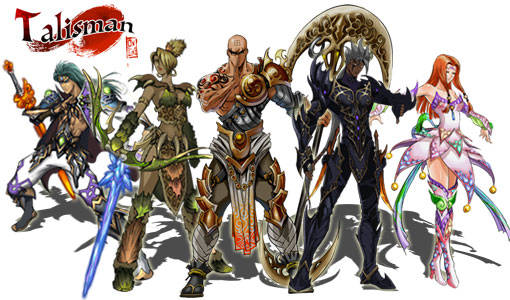
Note the character’s personality. If you need some help
on how to develop an in-depth personality for your character, you can visit
here:
·
http://rpg.ashami.com/ (also has some
information on background as well)
·
http://shamsgrog.blogspot.com/2011/03/100-npc-personality-types.html
·
http://www.roleplayingtips.com/tools/1000-npc-traits/
Battle Tactics
What types of things does the character do when faced
with a battle situation? Do they charge in? Or do they cast “Buff” spells on
themselves to prepare for battle? Do they command from the back of the lines
and let their lackeys “soften up the enemy?” Or do they grapple the enemy into
submission?
Character Skills
If you pick a game that you need to buy your stats and
skills with a point based system, you’ll need calculate how many points the
character gets or how many points you want to put into them. On the other hand,
if you’re using a system where stats are based on class, determine how many you
get. Explain why the character has the skills and special abilities they have and
how good the character is at using them. At this stage, it's better to have a
general idea as to what you want the character to be able to do than to worry
about specific skills. In order to simplify things, think of groups of skills a character has. GURPS
simplifies things by allowing you to give a one word description with an
exclamation mark after it in order to represent this. For instance a skill
labeled “Thief!” states that the person with this skill can do anything that a
thief can reasonably do according to the number of skill points assigned. If
there’s something the character can’t do as well as others, simply give a penalty on the rolls. If you’re going
to play the character for multiple sessions, you may have to break up the
skills later, but doing this should be easier since you have a starting point
to base it off of. You also can make statements like this:
·
Generally speaking, I have a pretty good rapport
with animals, and can often get them to do things they ordinarily wouldn’t do.
·
Even though computers are everywhere, I’m better
at making them do things than your average Joe.
·
I can disguise myself to the point where my own
mother wouldn’t recognize me.
·
I’m so stealthy, no one can catch me if I decide
to sneak past them.
·
I’m better at Houdini in escaping the tightest
of spaces, chains, and straightjackets.
·
I’m well versed in X subject through my years of
study.
·
I know how to survive in the wilderness better
than many of my peers.
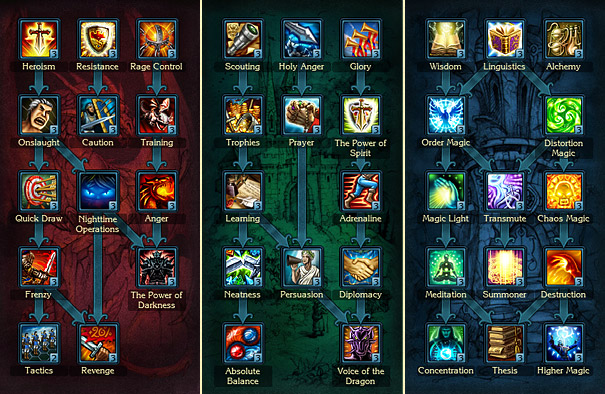
Drawbacks &
Vices
If the gaming system uses flaws, disadvantages, or weaknesses
note them at this time. Some examples might be:
·
I’m extremely nearsighted.
·
I’m addicted to X substance.
·
I have an enemy who’s hunting me.
·
I’m squeamish around blood.
·
I will do anything
to avoid Y situation.
·
I believe I can’t be defeated before my plans
come to fruition.
Character
Advantages, Feats, Stunts, Special Abilities
This section is meant to describe the special training,
knacks, unique “tricks of the trade,” and talents that the character has that
similar characters and NPCs do not. If there is a list, try to follow its
wording, if not come up with examples of neat things the character or NPCs
should be able to do based off of their skills. Some description based examples
might be:
·
With my amazing speed, I can run across the
surface of water without sinking in it.
·
If I fell one enemy, I turn to another to attack
without breaking stride.
·
I can easily knock a weapon out of an enemy’s
hands
·
I always know
what direction I’m traveling in OR I always
know how far underground (or above it) I am.
·
I have a secret identity that few people know.
·
I can use either hand equally as well.
·
I can cast spells of X type.
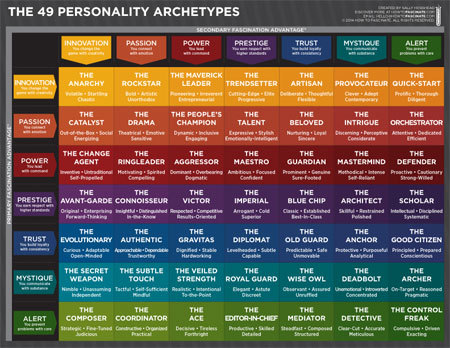
Little details
At this point you also need to note the movement speed
of the character. Don’t forget alternative movement types, including: flight,
burrowing, swimming, and climbing. You can use the following descriptions:
·
I’m a fairly decent flyer
·
I can outswim most of the fish in the ocean
·
Hummingbirds have a hard time matching my
maneuverability
·
I’m so fast on land, blink and you’ll miss me.
Equipment,
Weapons& Notable Magic/ Technological Items
If you haven’t done so before this point you’ll talk
about the character’s notable pieces of equipment, weapons, armor, wealth, etc.
If it’s a magical item or some sort of technology that isn’t widely known, note
that and its power source. Even if these items aren’t always on the character,
note them, as well as where they’re usually stored when not in use.
If you are used to doing characters the “old fashioned
way,” using this system to create your characters will seem unusual, but with a
bit of practice, it’s sure to revolutionize the way that you make them.



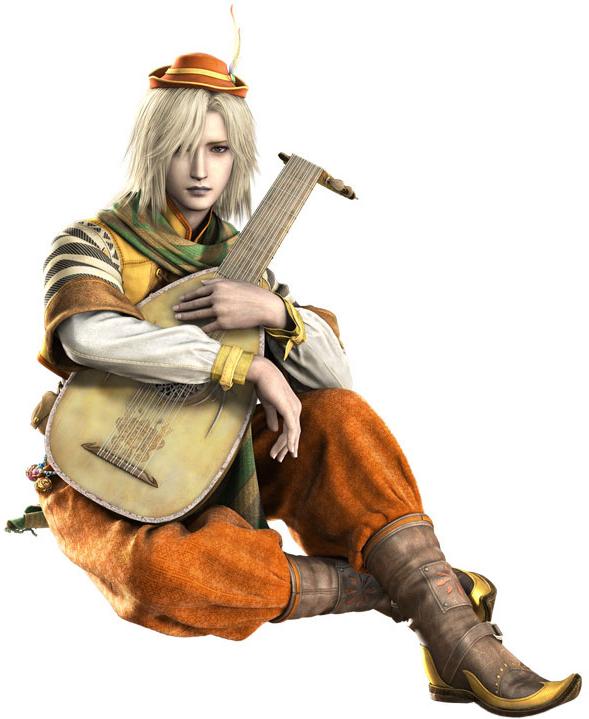
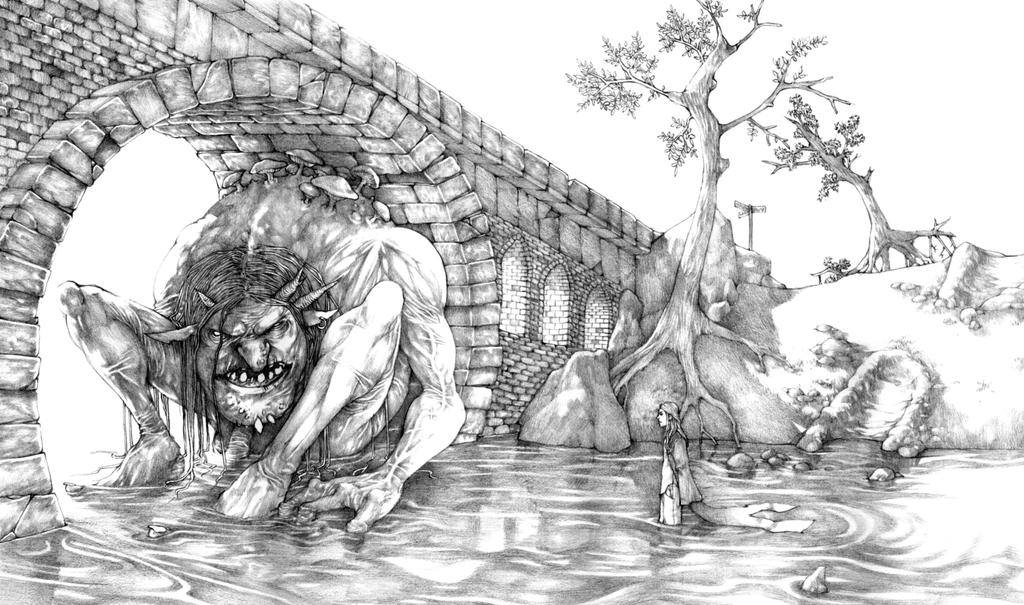


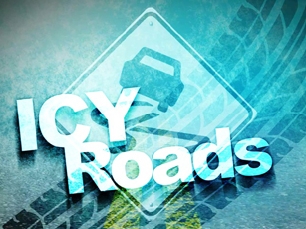
 a.
a.